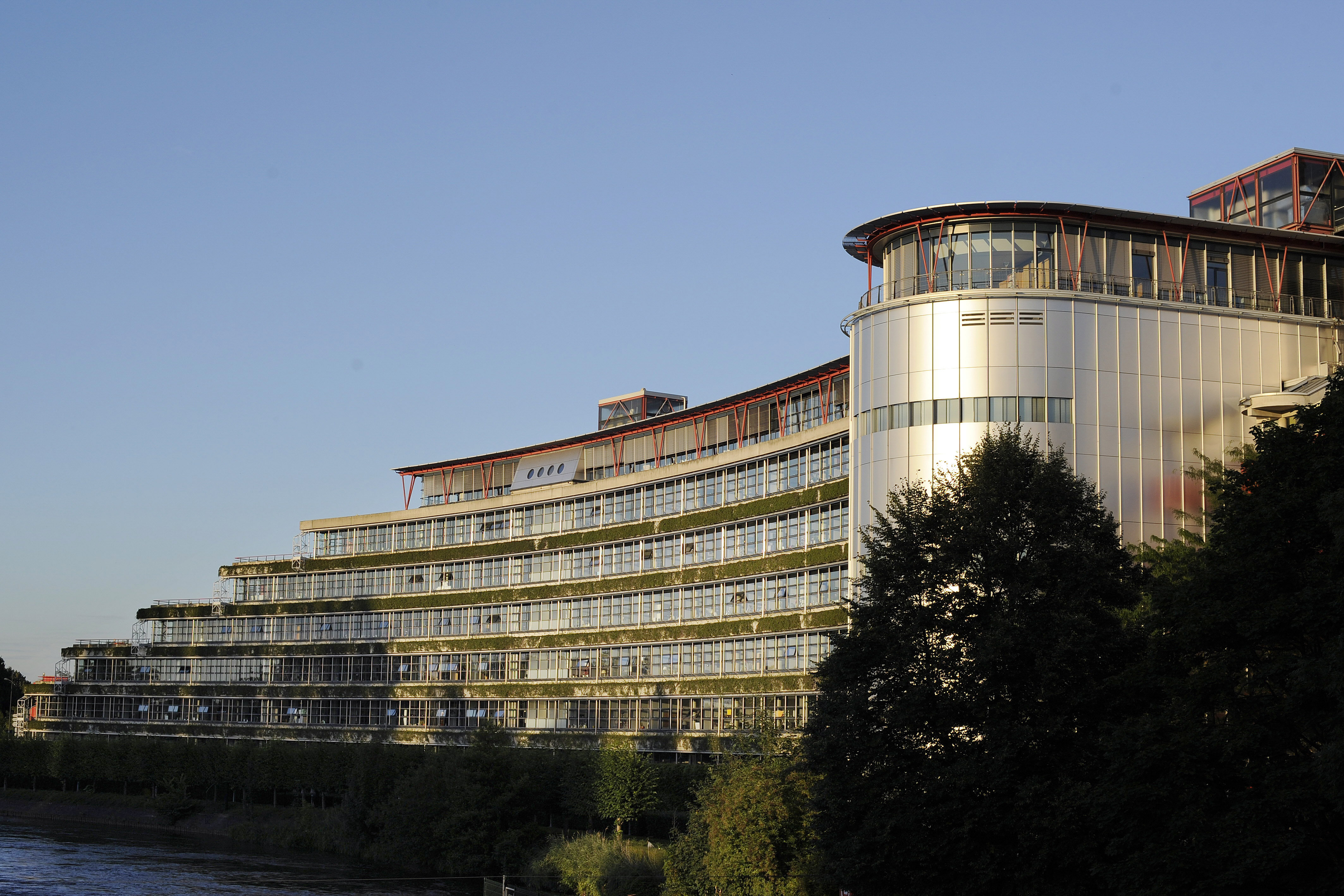MOSCOW, January 16 (RAPSI) – The European Court of Human Rights (ECHR) held Thursday that a Russian couple’s rights were violated in connection with the 2006 death of their son Kirill Shchiborshch following a struggle with police who had been deployed to transport him to a treatment facility.
The applicants, Viktor Shchiborshch and Valentina Kuzmina are a married couple and the parents of the deceased Kirill Shchiborshch.
According to the case documents, Kirill, 37, was an economist that had suffered from a psychiatric disorder such that inpatient treatment was necessary.
His father obtained a referral recommending that Kirill undergo inpatient treatment and, in July 2006, sought police assistance in order to facilitate his son’s placement in the hospital. According to the judgment, “He explained that [Kirill] was in a delirious state and was not letting anyone except [his father, Viktor] into his flat as he was afraid of burglars.”
That day, a police officer was ordered by the head of the local department of the interior to forcibly place Kirill in the hospital.
Three police officers arrived, and when they were spotted by Kirill in the lobby, he scurried to his flat and attempted to shut the door. Kirill refused to go to the interior department for transfer to the hospital.
When police tried to remove his hand from the door, Kirill threated them with a kitchen knife and wounded one of them. The officers then “hit him with rubber truncheons and other objects,” according to the judgment.
Kirill then barricaded himself inside the kitchen and called an ambulance, saying that he had been wounded. He then called the police and sought help, saying that he was being attacked by burglars.
The police officers meanwhile called the special police for help. When they arrived, they attempted negotiations. When those failed, the special police “stormed” the kitchen.
Kirill then fled for the balcony, crying for help. He fell to the balcony floor and was handcuffed, and placed on the kitchen floor, when his father – who had initially called the police – was given permission to see him.
Kirill was taken to a hospital “with multiple wounds and in a coma,” where he died without regaining consciousness.
On the day of his death, authorities ordered an examination of the body. A criminal investigation was launched the following month.
The investigation was closed in April 2010 based on insufficient evidence that the police were responsible for Kirill’s death.
His parents turned to the ECHR, asserting the violation of the right to life, as guaranteed by Article 2 of the European Convention on Human Rights (Convention), and the violation of the right to an effective remedy, as guaranteed by Article 13 of the Convention.
The Russian government contested to the contrary, “the use of force by the police was compatible with Article 2 of the Convention, which allowed the use of force which could lead to the unintentional deprivation of life,” in the words of the ECHR judgment. Furthermore, the Russian side asserted that the use of force in that context was in compliance with Russian law, which authorizes police to use force in certain, specific circumstances.
The Russian side further countered, according to the judgment, that at the time the incident occurred – Kirill posed a danger to himself and those around him, and that he resisted lawful police demands, and thus the use of force was justified.
The government added that it had been established that various of his injuries – including those that proved fatal – were self-inflicted, either intentionally or as a result of negligence arising from his state of mind at the time.
The ECHR found that there had been violations of Article 2 both with regard to poor planning and control over the efforts to force Kirill to go to the hospital.
Furthermore, the court found an Article 2 violation owing to what it viewed as a failure to conduct an effective investigation. Likewise, a violation of Article 13 was found.
The court ordered just satisfaction in the amount of EUR 2,550 in pecuniary damages, EUR 45,000 in non-pecuniary damages, and EUR 1,235 in costs and expenses.



